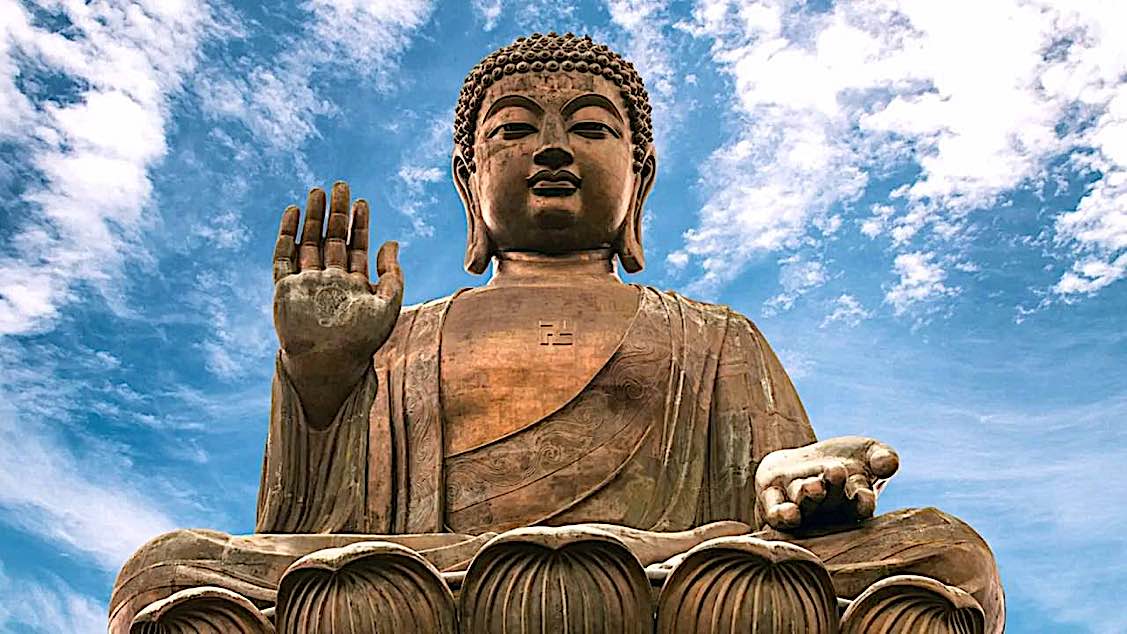- cross-posted to:
- theravada@lemmy.world
- cross-posted to:
- theravada@lemmy.world
"As long as you’re not finding contentment in wholesome phenomena it means you’re still within the domain of sensuality, because one of the defining traits of sensuality is to expect things to provide you with pleasure or, rather, that pleasure is the result of things you’re engaged with. But wholesome states don’t work like that, which means you can stay with wholesome states all you want but they won’t provide you with pleasure. You need to discern the contentment.
That’s quite an important thing, but the practice of meditation usually revolves around replacing the pleasures you’re used to with a new set of pleasures – more peaceful, more refined, but still expecting meditation to give you the pleasure back. You get the pleasure back only once you start discerning it on the basis of wholesome, and that pleasure is the pleasure that is not underlined by craving, which is the pleasure of sensuality, so having non-contentment in wholesome states means being still within the sensuality even if you’re perfectly restrained.
It still belies the attitude of restrained in order to get more, the attitude of expecting things to do it to you.
You need to develop (contentment in wholesome phenomena) through that discernment of wholesome, the sensual seclusion, the sensual freedom – unless that’s done it won’t happen to you because whatever happens to you is going to be on account of sensuality."
Paraphrasing Ajahn Ñāṇamoli in ‘Discussions From a Mountain Top #11’:

